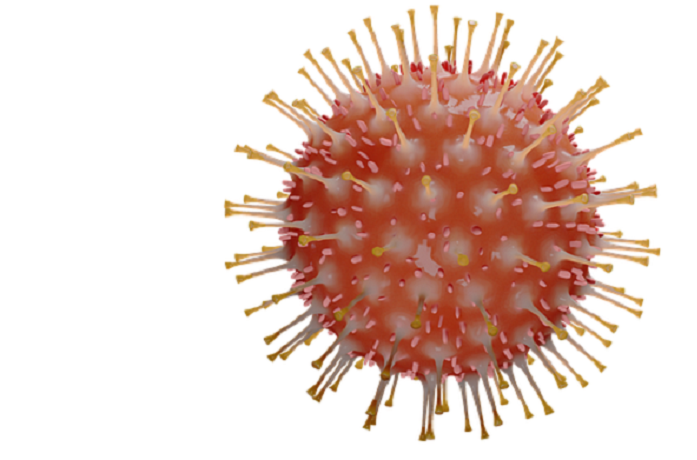Results of a new COVID-19 vaccine under development in the UK show early success.
Since December 31, 2019 almost 14.5 million cases of COVID-19 have been reported, with more than 600,000 deaths. In the Americas, the death toll is over 311,000Scientists worldwide have been urgently trying to develop a vaccine for COVID-19. At least ten vaccine candidates have been developed and are currently being tested in clinical trials.
Healthcare providers want a vaccine that will be effective using just one or two doses, protect the most vulnerable people, such as the aged or immunocompromised, last for at least six months, and prevent others from contracting the virus. One such vaccine being trialed in the UK has shown early success and positive safety results. Preliminary study results were published in The Lancet.
This COVID-19 vaccine uses a weakened common cold virus that usually infects chimps but cannot cause infection in humans. The vaccine was modified to deliver the genetic code of the COVID-19 spike protein. Spike proteins give viruses the ability to cause infection. The patient’s cells can then reproduce the spike protein and teach the immune system to recognize the virus.
Study author Professor Andrew Pollard, from the University of Oxford, UK, explained the goal of this vaccine, “The immune system has two ways of finding and attacking pathogens – antibody and T cell responses. This vaccine is intended to induce both, so it can attack the virus when it’s circulating in the body, as well as attacking infected cells.”
The ongoing study is being conducted on 1,077 healthy patients aged 18 to 55. The data for the study was taken between April 23 and May 21, 2020. Half the patients were given a high dose of the COVID-19 vaccine and the other half were given a vaccine for meningitis.
The patients were divided into four groups. Group 1 participants formed phase 1 of the study and had intensive follow-up visits early in the study to ensure the safety of the vaccine, as well as tests for antibodies and T-cells. Group 2 donated additional blood samples to test for antibodies and T-cells, while Group 3 received a second dose of the COVID-19 vaccine 28 days in. Finally, Group 4 had blood serum samples taken to assess antibody response to the vaccine.
Ten percent of the participants took acetaminophen before receiving the vaccination and continued to take it for 24 hours afterwards to determine the OTC’s usefulness with potential vaccine side effects.
Fatigue and headache were the most reported side effects of the COVID-19 vaccine. However, patients that took acetaminophen experienced fewer side effects. Pain at the injection site, muscle aches, chills, and high temperature were other commonly reported side effects.
The participants that received the COVID-19 vaccine had strong antibody and T-cell responses. T-cell response peaked two weeks after vaccination and did not increase when a second dose was given. Antibody responses peaked four weeks after vaccination and were boosted by a second vaccination.
The results bode well for phase three trials when the COVID-19 vaccine will be tested on a larger group of people.
Written by Rebecca K. Blankenship, B.Sc.
References:
Folegatti, P., Ewer, K., Aley, P., Angus, B., Becker, S., & Belij-Rammerstorfer, S. et al. (2020). Safety and immunogenicity of the ChAdOx1 nCoV-19 vaccine against SARS-CoV-2: a preliminary report of a phase 1/2, single-blind, randomised controlled trial. The Lancet. https://doi.org/10.1016/s0140-6736(20)31604-4
COVID-19 situation update worldwide, as of 20 July 2020. European Centre for Disease Prevention and Control. (2020). Retrieved 20 July 2020, from https://www.ecdc.europa.eu/en/geographical-distribution-2019-ncov-cases.
Vaccines and treatment of COVID-19. European Centre for Disease Prevention and Control. (2020). Retrieved 20 July 2020, from https://www.ecdc.europa.eu/en/covid-19/latest-evidence/vaccines-and-treatment.
Benedette Cuffari, M. (2020). What are Spike Proteins?. News-Medical.net. Retrieved 20 July 2020, from https://www.news-medical.net/health/What-are-Spike-Proteins.aspx.
Image by dianakuehn30010 from Pixabay



